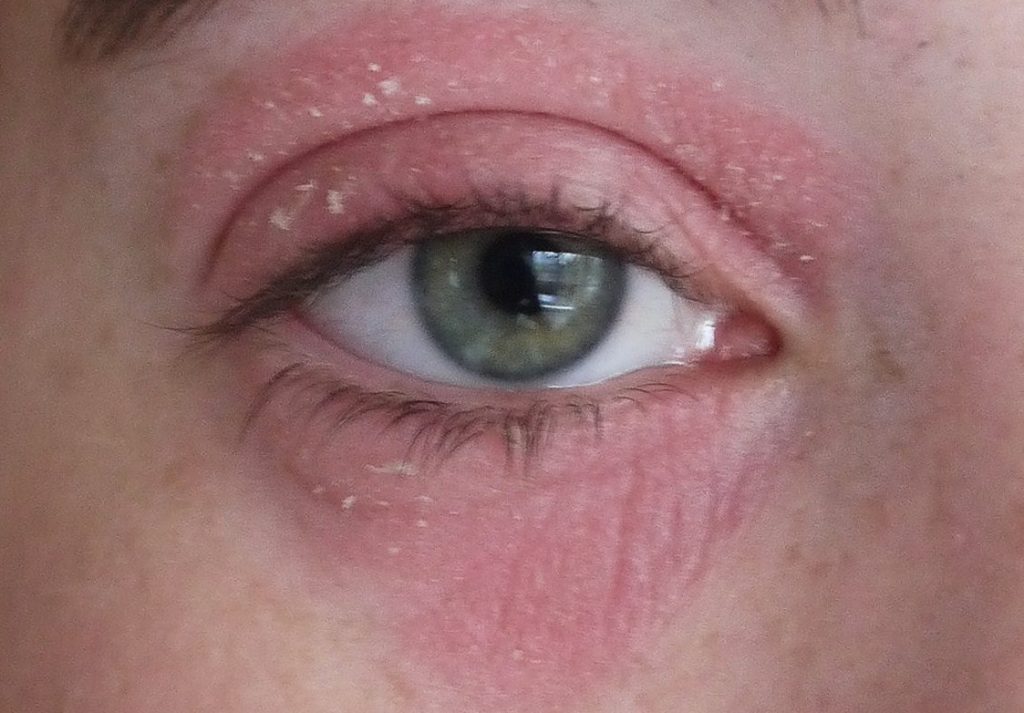
There’s no doubt that essential oils can provide us with a wide-range of benefits. However, they need to be used properly in order to minimize unwanted side-effects. Let’s take a look at some common mistakes to avoid so that you can get the most of these natural therapies and remedies.
Using Too Much
Essential oils are a lot more potent than many people think. It’s easy to be tempted to think that more is better when the opposite is true in most cases. Make sure that you follow recommendations, and remember that a couple of drops are usually all that is needed for the oils to be effective.
Substitute for Medical Care
While the medicinal benefits of essential oils have been recognized for a very long time, they are not a cure-all. Consequently, it’s important to avoid falling into the trap of believing that oils can be a substitute for treating serious or potentially-serious medical problems. If in doubt, don’t think twice about seeing a doctor, and the same applies when essential oil remedies don’t seem to be working.
Natural Doesn’t Mean Safe
While essential oils come from natural sources, not everyone will tolerate them well. Use them judiciously until you’ve established that you won’t suffer from allergic reactions or other adverse effects. It’s also important to be aware of common side-effects in order to evaluate whether or not you may be susceptible to problems as well. If you are worried about one type of essential oil, chances are that you’ll be able to find a better alternative that doesn’t come with potential risks.
Along similar lines, do research to understand the benefits and possible drawbacks of using specific oils or a combination thereof. The more you know beforehand can help you to avoid problems down the line.
Avoid Eye Contact
Essential oils contain alcohol, and many also contain compounds that can irritate the eyes. While some may recommend using essential oils cosmetically for things like removing bags under the eyes or to help make lashes thicker, doing so can end up causing more problems than its worth. Try to avoid putting oils on or around your eyes unless you’re using an oil that is known not to cause problems.
It’s also important that you thoroughly wash your hands after using essential oils in order to avoid accidentally touching your eyes afterward as well.
Be Careful in the Sun
A lot of people don’t realize that quite a few essential oils can interact with UV light and produce a wide-range of skin problems including burns, redness, irritation, swelling or blotches. Additionally, these reactions can be painful and last for days following exposure. As a general rule of thumb, don’t use essential oils if you plan on spending time in the sun unless you know for sure that the product is safe.
Carrier Oil
Don’t underestimate the importance of using safe and natural carrier oils when making essential oil recipes. Using the wrong oil can interfere with how the product is absorbed as well as causing adverse skin reactions. Stick with standard oils such as coconut or almond, and always test the finished product on a small patch of skin before applying it over a wider area when in doubt.
While essential oils are generally safe and well-tolerated, it’s important to remember that they are powerful compounds that need to be handled with care. Make sure that you are following these and other basic precautions in order to maximize the benefits that are available while minimizing risks at the same time.
